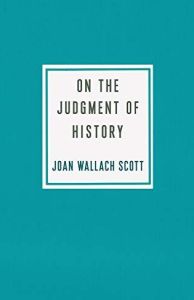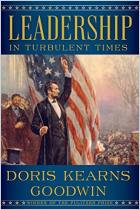
On the Judgment of History
(Ruth Benedict Book Series)
Read or listen offline
Recommendation
People discuss the lessons of history as if history itself is a moral arbiter. Everyone wants to end up on the “right side of history,” as professor Joan Wallach Scott explains. The Nuremberg Tribunal put history on trial. South Africa’s Truth and Reconciliation Commission exposed apartheid’s crimes and opened the way to a better future. Supporters of reparations for slavery argue that equality requires acknowledging slavery’s ongoing impact. The past and the future may seem clear-cut, but gauging history’s impact on the present is complicated and messy. Scholarly yet elegant, Scott’s book addresses how history’s traumas encroach on today’s political and moral reality.
Take-Aways
About the Author
Joan Wallach Scott is Professor Emerita in the School of Social Science at the Institute for Advanced Study. Her most recent book is Knowledge, Power, and Academic Freedom.
















Comment on this summary or 开始讨论